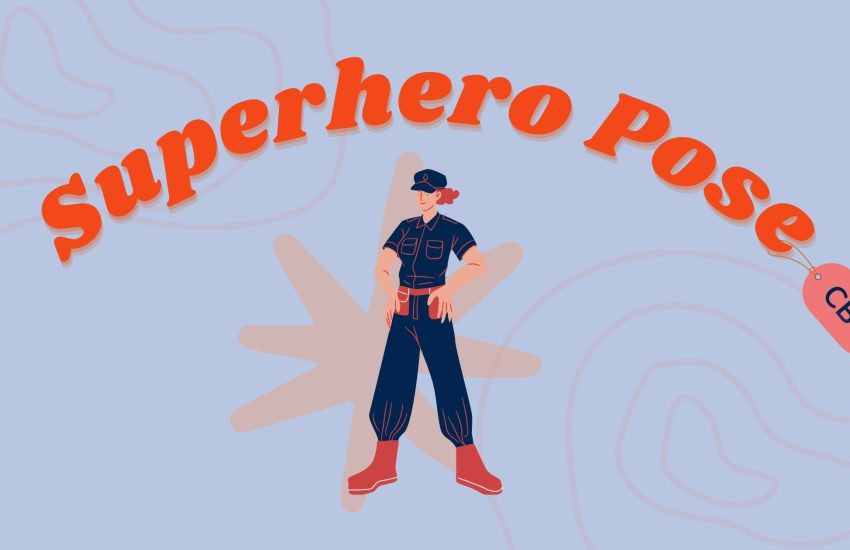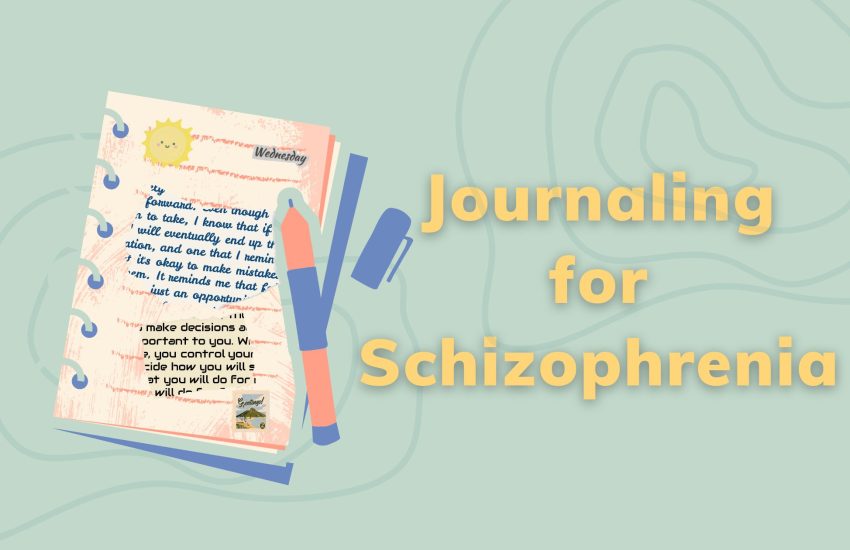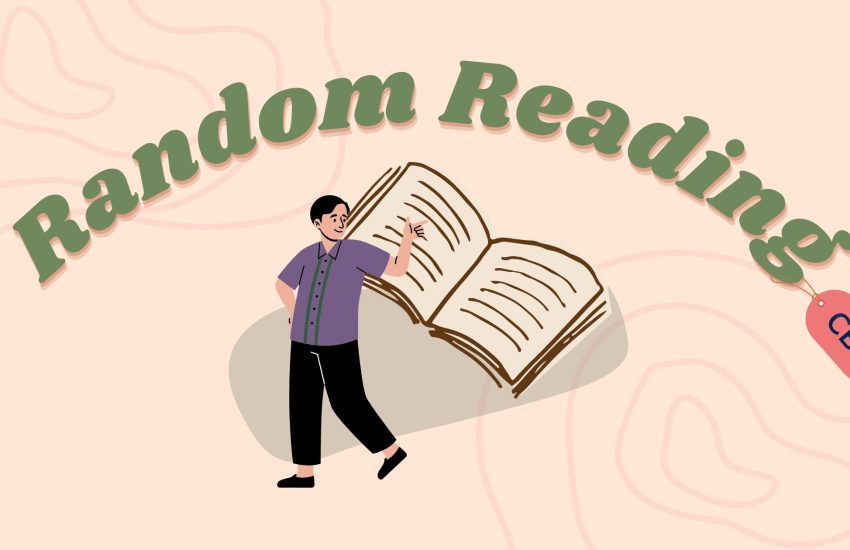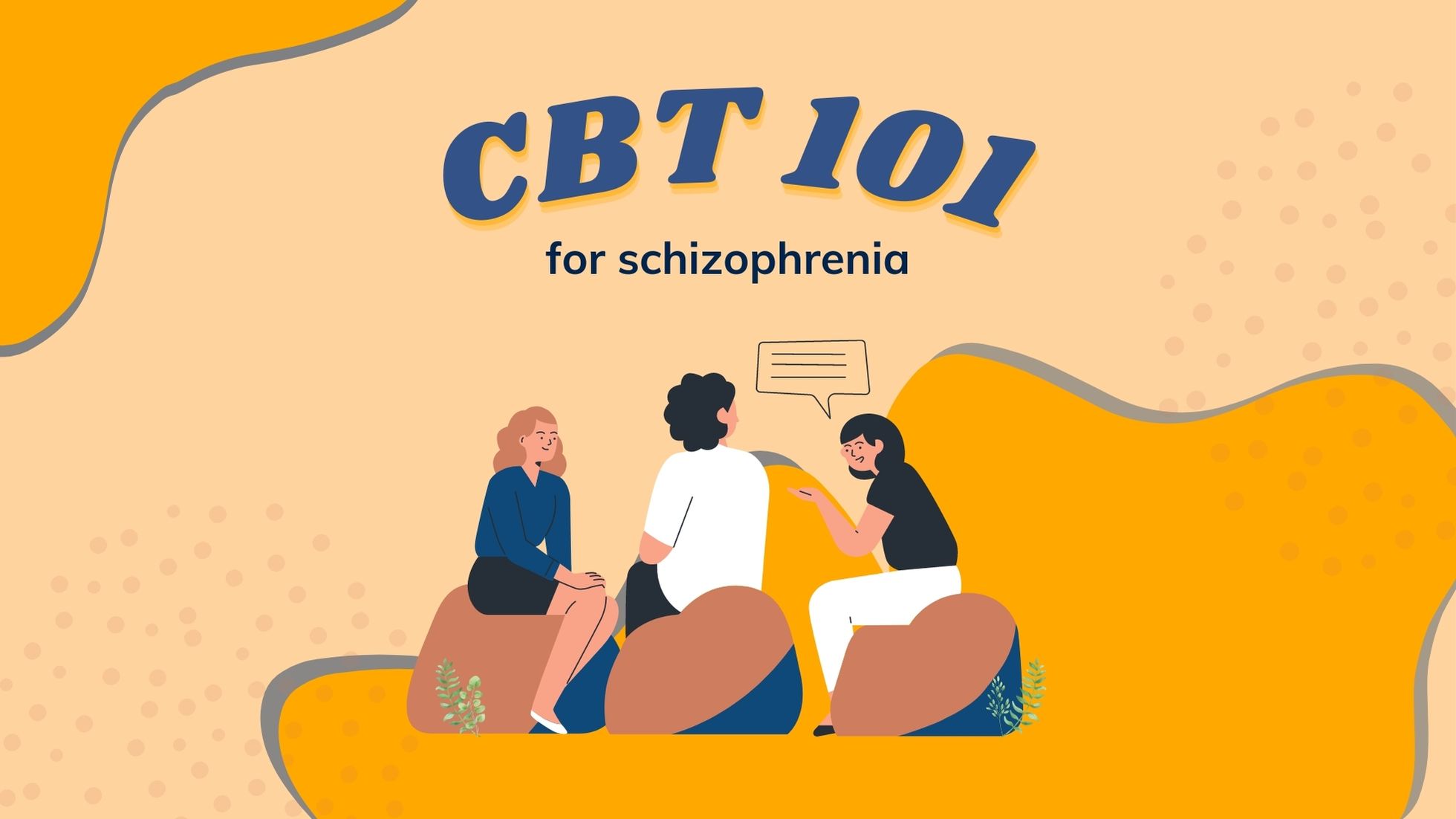
Know All About CBT To Manage Schizophrenia
The effectiveness of Cognitive Behavioural Therapy (CBT) for schizophrenia is often questioned. CBT is a form of goal-oriented therapy used to improve mental health issues. It is also a type of ‘talking therapy’ because it is usually practised during a conversation session. Engagement with CBT is usually on a one-on-one basis or within a group, together with a professional.
You may have seen some CBT exercises on social media, teaching how to overcome fear or anxiety. That is a peek into what CBT is all about. However, CBT comprises diverse treatment components.
In this post, we will break down everything you need to know about CBT. We will also look through how it can be a part of a holistic schizophrenia treatment plan. What is the history of CBT?
- Who Developed CBT?
- What Is CBT?
- 3 Basic Principle Concepts Of CBT
- How Does CBT Work?
- How CBT Works Step-By-Step For A Schizophrenic?
- The 3 Pillars Of CBT
- CBT Benefits for Schizophrenia
- Why Is CBT Effective For Schizophrenia?
- Disadvantages And Limitations Of CBT
- How Long Does A CBT Session Last?
- CBT Self-Help
- When Should I Practice CBT?
- How To Start With CBT For Schizophrenia?
- Conclusion
Who Developed CBT?
This type of therapy is not new. It was first documented by a psychiatrist, Aaron Beck, in the 1960s. While working with his patients, Dr Beck realised that they often had random negative thoughts.
These negative thoughts, which are unreal, usually lead to worsening bleakness as they begin to believe in them. The cognitive triad below depicts Dr Beck’s view on how negative emotions build up.
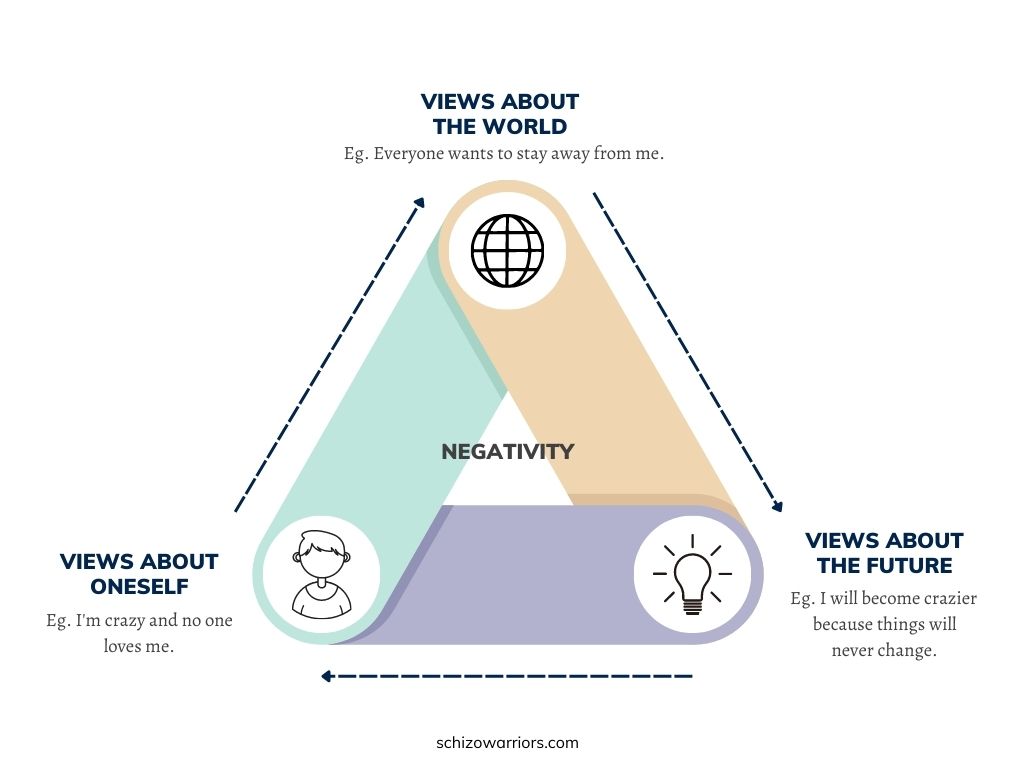
Uninvited thoughts and beliefs in schizophrenics are spontaneous and not real. Through the cycle of thoughts, these beliefs become real. They cannot help it, as it becomes a self-fulfilling cycle as the emotions spiral downwards. That is when false beliefs become a strong belief.
This is where CBT steps in to prevent it from happening.
What Is CBT?
CBT is a form of therapy, but what does Cognitive Behavioural Therapy really mean? This therapy involves conscious intellectual activity that includes the act of thinking, reasoning, or the constant need to remember to change your behaviour.
According to Dr Beck, CBT relies on the theory that “the way individuals perceive a situation is more closely connected to their reaction than the situation itself”. CBT is there to change the perception so our actions can be positive.
3 Basic Principle Concepts Of CBT
As explained by Dr Alina Gogorian, there are 3 principles or stages which underlie CBT. The example explains how it relates to someone experiencing schizophrenia.
- Core Beliefs/ Schema: These are ideas one have about self or others. These ideas usually stem from young. Eg. “I’m always unlucky.” or “The world is unfair.”
- Intermediate Belief: Attitudes, rules, and assumptions usually develop from Core Beliefs. For example, “Crying is weak.” or “If the voices continue attacking me, I will be crazy.”
- Automatic Negative Thoughts: Random thoughts that appear when faced with a situation. Eg. When they hear chattering: “They know I have schizophrenia and are laughing at me .”
Dr Beck’s cognitive triad interrelates with the principles or level of cognition.

The last row shows how a negative automatic thought can appear when triggered by a situation. Then, the respective emotion takes place.
How Does CBT Work?
In essence, CBT aims to change the behaviour or emotion. CBT assists in giving a different perception to the thoughts and beliefs one has. It catches the negativity to stop it from spiralling down. The focus is on the present and how a situation can be viewed differently, instead of being trapped in a cycle.
CBT is structured through three pillars – identification, recognition, and management. With CBT sessions, emotions adapt to a more positive tone.
How CBT Works Step-By-Step For A Schizophrenic?
In the first few sessions, a therapist will try to identify and recognise behaviour patterns. The therapist will ask questions related to a negative emotion or behaviour. Diagram like the cognitive chart is also used to aid the conversation. The basic goal of these therapy sessions is to gradually progress to make behavioural changes. It may take many sessions before the results show.
In my recent session with my therapist, I shared that I hear my neighbour’s dog barking, which morphs into human’s laughter. These sounds make me anxious and agitated as in my opinion, the dogs are barking to irritate me.
My therapist took time to understand the situation with me. She explained that it is normal for dogs to bark. It could be they saw someone unfamiliar or that they may be hungry. There is also no proof that the dogs bark to communicate with me. Also, my neighbours have never instigated their dogs to attack me. Thus, there should not be any association between dogs barking and me. I need to tell myself that the dogs bark for a purpose that is unrelated to me.
Of course, I did not change my opinions immediately. This is a thought I keep in mind to tell myself whenever I hear the dog barking. Now, ten years down the road, I am happy to say that I no longer feel sensitive over it.
The 3 Pillars Of CBT
If you notice, the steps taken during a CBT session include the 3 pillars of CBT – identify, recognize and manage. As documented in the CBT Guide by the Center of Addition and Mental Health, CBT helps to dissect the emotions and behaviours for a positive outcome.
- Identify: Capturing distortion of thoughts such as delusions or hallucinations.
- Recognize: Seeing what is actually happening instead of accepting it as a fact.
- Manage: Observing the situation or emotion from a different perspective.
CBT Benefits for Schizophrenia
There are so many therapies out there. You may be asking why you should try CBT. First of all, it is non-invasive, and it can be done on your own. The cost of entry is also low. Learn more about it below – CBT Self-Help.
Those who are non-defensive and focused on identifying thoughts and feelings benefit most from CBT, as documented in a 2014 study. CBT does assist in anger management, reduces irritation, and improves communication with others.
At the end of the day, how you feel does affect your actions and your communication with others. Your self-esteem will naturally improve too.
The biggest takeaway is the ability to learn skills on ways to better manage a situation. I get to build problem-solving methods for coping with emotions, which are very useful as I deal with day-to-day stress, besides my schizophrenic symptoms.
Why Is CBT Effective For Schizophrenia?
CBT does not cure schizophrenia, but it is an additional therapy in your treatment plan, CBT proves to be effective for schizophrenia. It also helps other mental health issues like depression.
Schizophrenics usually find their minds in a mess. That is why simple and direct communication is important. CBT offers exactly that, a structured method which can be easily executed at your own comfort.
A research study performed in 2000 by the Imperial College School of Medicine documented CBT success with schizophrenia. It helped in treating symptoms of schizophrenia. Its efficacy was sustained over 9 months of follow-up. The patients have continuously improved!
Another study by Dr Faith Dickerson, a clinical psychologist, shows that CBT helps to reduce the severity of symptoms. Patients who are able to identify symptoms and are clear with their issues benefited the most from CBT. This is also reflected in the 2014 study mentioned earlier.
These are a few studies reflecting the success of CBT with schizophrenia. It proves that CBT can help with schizophrenia, even for those who are resistant to medicine.
Disadvantages And Limitations Of CBT
CBT is not a one-size-fits-all solution. Like most therapies or actions, it has pros and cons.
- Compliance: Schizophrenics may have difficulty committing to CBT, especially when experiencing symptoms. Having a therapist to assist would be helpful instead of self-help CBT.
- Learning difficulties: Focusing and learning something new can be challenging for schizophrenics. So, it is tough to engage in CBT and progress in it.
- Symptom severity: When struggling with hallucinations or delusions, schizophrenics have a strong belief system that will make it hard for CBT to be effective. It is essential to approach CBT with an open mind or at least have the willingness to try it.
- Medication: Although research shows this therapy’s effectiveness for those who are not medicated, CBT works optimally with medicine. It offers the best result.
Understand the cons of CBT and prepare to overcome them. Take small steps to open towards a different perspective.
How Long Does A CBT Session Last?
Most mental health institutions and therapists I have approached or researched recommend a weekly or fortnightly session. Each session will take about 30 to 60 minutes, for 6 to 20 sessions. These days, you have the option to conduct these sessions online.
Recently, my sessions have been through Zoom and usually last for an hour. Online sessions work just as well, and it is fitting since I am still not comfortable about going out.
CBT Self-Help
Today, CBT is very accessible. I first started CBT through an app called ‘Bloom’ during my relapse when COVID hit. It was an interactive CBT app that features licensed therapists. I checked in almost daily to learn ways I can work towards having better emotions. The CBT exercises are generally simple, and you can do them in the comfort of your home.
You can practise CBT at any time of the day. Just like any other exercise, it is important to practise through repetition. CBT helped to give me a better insight into how to manage my brain health issues. It suggests ways to ease the symptoms.
On the other hand, talking therapy sessions helped me to dig deeper into my thought process. This could be challenging at times, but I often leave every session on a more positive note. It is therefore advisable to work with a therapist regularly.
When Should I Practice CBT?
Perform self-help CBT at home at any time. The best way is to practice incorporating the exercises as a lifestyle. Try to make it a routine. Do it before you start your day and/ or before you go to bed.
Have a few CBT exercises that are easily executed during difficult times. Breathing exercise is my favourite. It helps in reducing my agitation and is the easiest to implement.
I have to admit that practising CBT during difficult times is not easy at all, as I do not feel like doing anything when I am in a negative mood. Therefore, there are times I do and times I do not. However, when I do, it makes my feelings lighter, and I feel better. I can then concentrate on my daily tasks.
Looking back, I noticed an overall improvement. Lately, I catch myself saying certain words that shape my thoughts. I am more self-aware now. My loved ones noticed a more positive change in me. That is a win!
How To Start With CBT For Schizophrenia?
Now that you understand CBT better, give it a try. You may want to start with some specific CBT exercises I have tried and tested here.
Below are other methods that I tried and are useful.
- Psychologist: In-person or online. Some only specialised in CBT. If you want a personalised CBT, it is better to look for one who is also familiar with schizophrenia.
- App/ Video Guided CBT: Guided interactive exercises through pre-recorded videos within apps (eg. Bloom) or online video platforms (eg. YouTube). At a small cost or for free.
- Paper/Web-based: CBT exercises are divided into smaller sections in books or websites. You can practice in your own space at almost zero cost. Begin with video-guided CBT or simple CBT exercises.
Conclusion
Treatment for schizophrenia is a process. Every individual has different needs. No doubt, CBT is worth a try. It helps to improve cognitive and social functioning, reduces symptoms such as hallucinations and delusions, and improves the overall quality of life.
It will benefit schizophrenics as they learn to alleviate and manage the situation. Caregivers can also learn some CBT exercises to aid their loved ones.
Speak to a therapist or your current mental health professional if you have more concerns.



